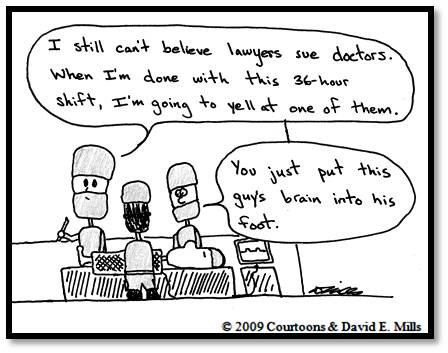 I just couldn’t resist this piece by Christine Corcos from the Law & Humanities blog [with added links]:
I just couldn’t resist this piece by Christine Corcos from the Law & Humanities blog [with added links]:
…Re-Examining Star Trek
In his review essay on Star Trek: The Exhibition [link], Edward Rothstein [wikipedia] points out a number of anachronisms and anamolies, most stemming from the original television series and its spin-offs. He notes that mixing reality and pop culture may do neither justice. Points taken. (I saw this exhibition in San Diego). For those of us who grew up on ST: TOS and its offspring and who are fond of the Star Trek mythos, however, this show doesn’t represent the reality or history of space flight. But that, as I understand it, isn’t really the point of Star Trek: The Exhibition. The point is to examine the effect of the show on the generations who have watched and grown up with the show, and the effect of those viewers on Star Trek. See also the program (available on DVD) How William Shatner Changed the World [imdb], based on his book I’m Working On That: A Trek From Science Fiction To Science Fact (2004) [Amazon].
Can one exhibition capture all of that involvement and energy?








